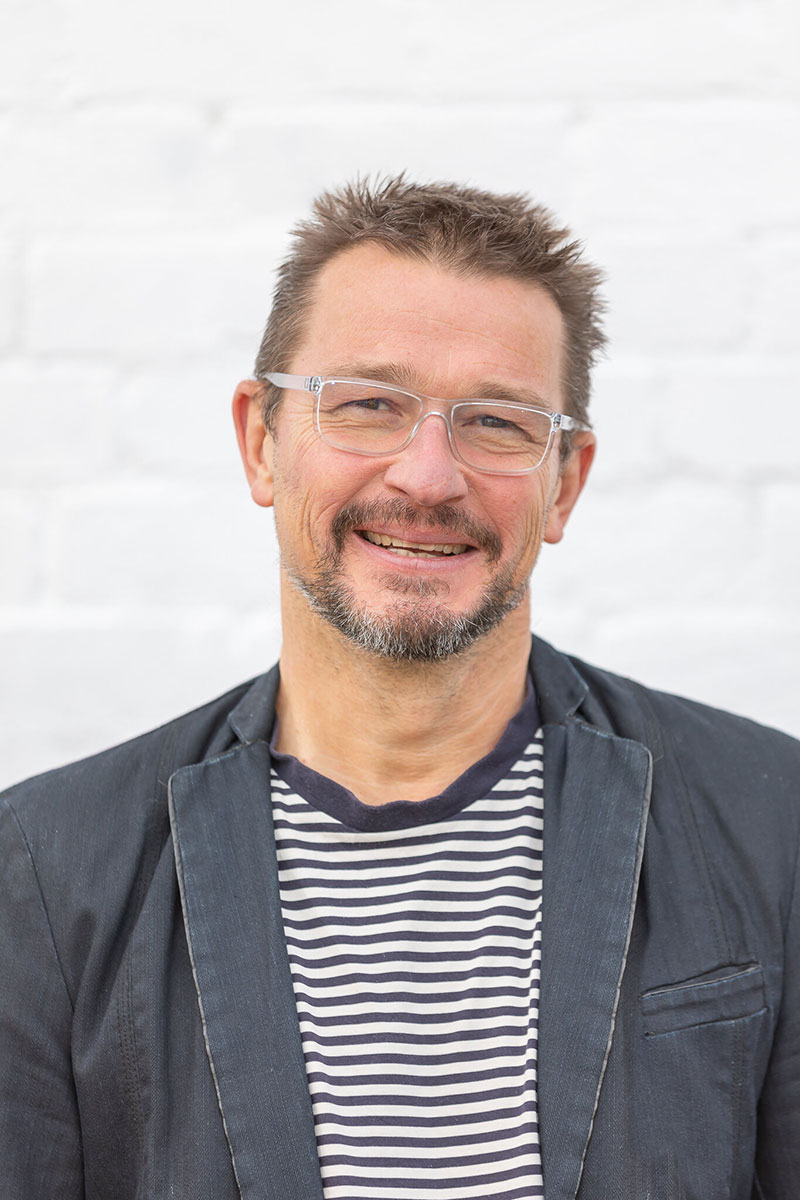
Let’s talk
Phone: 06 345 2232
Contact us
Practice:
7 Rutland Street
Whanganui 4500

We're Whanganui Loyal

MENU
Pain is a complex and often misunderstood condition that affects most of us at some point in our lives.
Acute episodes are often resultant from tissue injury following a specific incident. This type of pain is often easily managed through analgesics, heat, manual treatment, exercise etc.
At Whanganui Osteopathy we have the experience and skills to help you deal with those acute pains. Use of specific osteopathic interventions work well alongside rehabilitative exercise, stretching regimes and lifestyle changes to get you back to living life on your terms.

From 11 November, Jonathan will be available at Palmy Osteopaths, located at 20 Stanley Avenue, Palmerston North. Appointments will primarily focus on chronic pain, though he can also assist with a range of other osteopathic services. Bookings can be made through the Whanganui practice by contacting us here or by visiting our appointments page.
Chronic pain (pain that has been with you for more than 3 months) is a very different animal and is less related to ongoing specific tissue injury/damage and more related to how we respond to the pain. Over time, we learn to adapt our lives to cope with pain. That can mean altering how we do things and avoiding activities that we believe aggravate our pain. Additionally, our beliefs and attitudes to our pain and loss of function change.
This tends to happen subconsciously, so we don’t necessarily notice these changes, but we do notice how our enjoyment of life is affected.
When addressing chronic pain, it is important that we start the conversation around how those beliefs and behaviors may be impacting your tolerance of pain. In conjunction with manual interventions, treating chronic pain may also include working with your cognitions/beliefs to help you change your relationship with your pain and help you develop management strategies as opposed to coping strategies.
This helps you move forwards with your life instead of remaining stuck in your pain cycle.
There is no one strategy for treating chronic pain. It is affected by a myriad of factors including diet, health status, nutrition, gender, age, sleep pattern, previous traumas or pain episodes, beliefs, education, exercise status etc. So, when we embark on addressing chronic pain we try to explore as many factors that influence your pain as are needed to help you achieve the best outcome possible.
The best approach to chronic pain is a tailored and specific approach that is based on your individual needs and helps you gain control over how it affects your life.
Collaborative care with other disciplines such as physios, psychologists, acupuncturists can also be very useful.
At Whanganui Osteopathy, our Pain Services are led by Jonathan who, as well as being an osteopath for over 35 years, has completed training in Mindfulness Based Pain Relief, Motivational Interviewing, Neurolinguistic Programming and Conversational Hypnosis.
These tools beautifully complement the osteopathic model of holistic healthcare addressing the mind-body relationship.
Ageing is inevitable but pain is not. As the body ages it changes. Our tissues slowly degenerate and that can contribute to the presence of pain.
It must be remembered, however, that pain is not a guaranteed or inevitable consequence of the ageing process. There is plenty of research evidencing people with marked degenerative change in joints and soft tissues (ligaments/tendons/muscles) but who are still functioning every day without pain. As we age our muscles will naturally lose size and strength, this is called sarcopenia. Our bones can slowly weaken and demineralize, this is osteopenia or osteoporosis. Our ligaments and tendons become more friable. But all of this can be addressed with appropriate exercise, slowing down sarcopenia and osteopenia and strengthening tendons and ligaments. This, in turn improves the circulation in your musculoskeletal system which also has a positive effect not in pain management.
When there is pain associated with the ageing process it is vital to maintain movement through exercise, even though it is often uncomfortable to do so. Knowing that the pain may simply be due to ageing and is not necessarily a sign of injury is a crucial step in allowing you to embark on some therapeutic exercise. Just because you’re not 21 any more, doesn’t mean that you should rest up and stop moving your body.
If you do nothing else, get out and go for a walk every day, take notice of the sights, smells and sounds around you, and see if that doesn’t make you feel better.

Start your journey to better health
Book an appointment